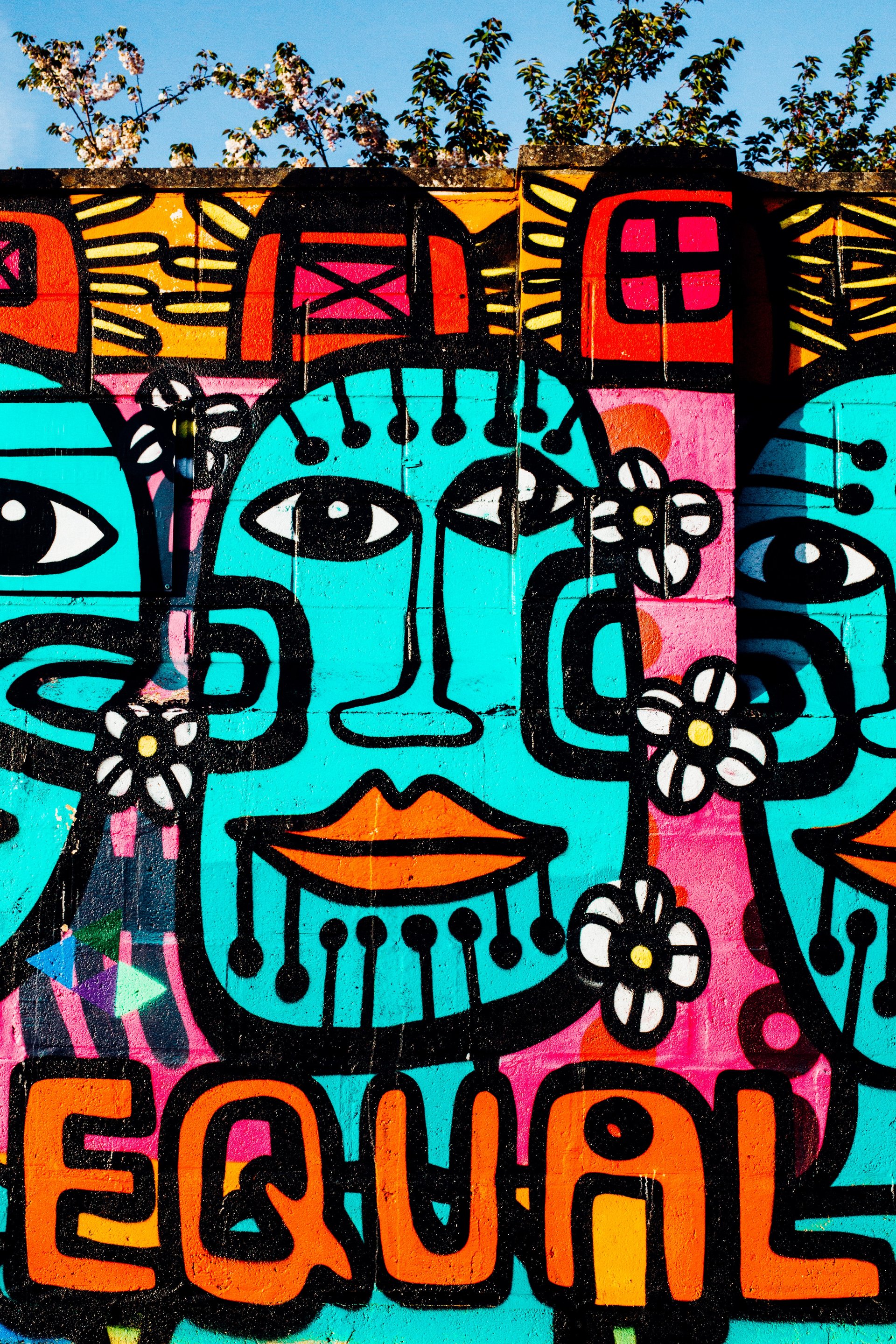Research Program
Project Areas
The projects have been put together so that each addresses a specific aspect both of structural changes in property (with respect to subjects, objects and/or organisation) and of structural changes through property, i.e. in relation to property’s effects or changes in how it is embedded. Well-founded evaluations of the dynamics arising either from the expansion of property or from challenges to it will only be possible through the consolidation of the results from these different parts.
In planning the projects, we have taken into account the structural diversity of property, and we have also paid attention to developments which are occurring beyond Europe and America, particularly those in South America, China, and India, since alternatives to paradigms of private ownership cannot be understood purely in Western frameworks. The following sections explain our fundamental questions in greater detail.
more about the Project Areas
Working Groups
Complementary to the three project areas, four interdisciplinary working groups will focus on main aspects of the structural change which appear to be in particular need of clarification. In contrast to the rather homogenous structure of the project areas, the working groups are unified by a framework focussing on the subjects, objects, orders, and effects of property.
Since the ownership relations investigated in the subprojects generally encompass all of the dimensions mentioned, the structure of the working groups is to be understood as analytical and not exclusive. The working groups therefore examine one prominent viewpoint. The interconnection of project areas and working groups creates a matrix structure that serves to intensify cooperations within the SFB.
more about the Working Groups
Areas of Knowledge Transfer
The Collaborative Research Center not only serves to communicate concepts, methods and findings between the participating disciplines, it also aims to create focused interaction with the non-academic public. By assuming that in the social sciences knowledge is always gained through interaction and dialogue with intellectuals and experts from different areas of society, it pursues a public sociology.
In the first funding phase, five areas of knowledge transfer address topics of great socio-political relevance: (1) Sharing Economies and Open Access: Alternatives to Ownership? (2) Citizen Energy Communities: Alternative Forms of Ownership? (3) (Residential) Space and Ownership: Who Owns the City? (4) Ownership and (Post-)Growth: More or Less? (5) Intellectual Property in Science: Public Knowledge?
more about the Areas of Knowledge Transfer
Equal Opportunities
The DFG attaches great importance to equal opportunities and anti-discrimination and has formulated guidelines that are also binding for the SFB (see DFG).
Furthermore, the DFG promotes gender equality measures, especially to support young female scientists and to reconcile work and family life.
The SFB has set up its own organisational contact point for equal opportunities affairs: the Equal Opportunities Board. The Chairperson of this Commission is the Equal Opportunity Representative of the SFB. This position corresponds to the Equal Opportunity Officer of the faculties. Currently, the Equal Opportunity Representative is Anne Tittor. The members of the Equal Opportunities Board are: Sofia Bianchi Mancini, Petra Gümplova, Bettina Hollstein, Henrike Katzer, Antje Linkenbach-Fuchs (MWK Equal Opportunity Representative) Jörg Oberthür and Sylka Scholz.
more about Equal Oppurtunities
Promotion of Junior Researchers
The promotion of young researchers is a core concern of the SFB, which is taken into account through various innovative formats and a number of specific measures.
In addition to these specific measures of the SFB, the young researchers benefit from the already existing structures of the Universities of Jena and Erfurt as well as the Max Weber Kolleg.
more about the Promotion of Junior Researchers
Publications
An essential part of our knowledge transfer and public relations is our publication strategy. Here, we rely on a multi-stage and internationally oriented procedure in order to present the research results of the projects in the best possible, sustainable and accessible way. With Campus Verlag we have established the book series "Strukturwandel des Eigentums", in which our research results are published open access.
In addition to dissemination within the academic community through papers and articles in peer-reviewed journals and with publishers, also as open access publications, another key component of our knowledge transfer is the New Library of Property. It offers an easily searchable bibliography of texts on the subject of property, complete with links and additional material. In cooperation with the Thuringian University and State Library Jena, our research results are also presented here and made publicly accesible.

Our Central Administrative Projects
The Z01 project serves to condense, contrast and bring together the research results from the projects, with the aim of developing a cross-disciplinary inventory of property-related terms, the contrasting systematisation of theory-generating considerations on property relations in late modern societies, and the preparation of comparative societal perspectives.
more about Project Z01
The Z02 project is responsible for the scientific management and administration of the SFB. At the same time, it also prepares thematically relevant texts for the general public in the New Library of Property.
more about Project Z02